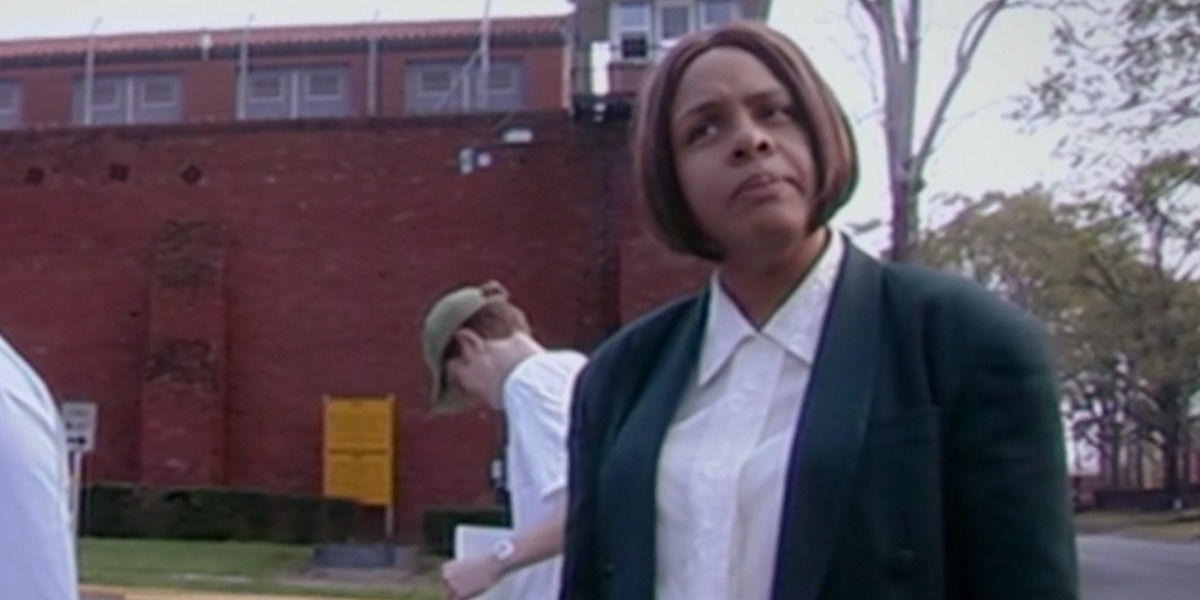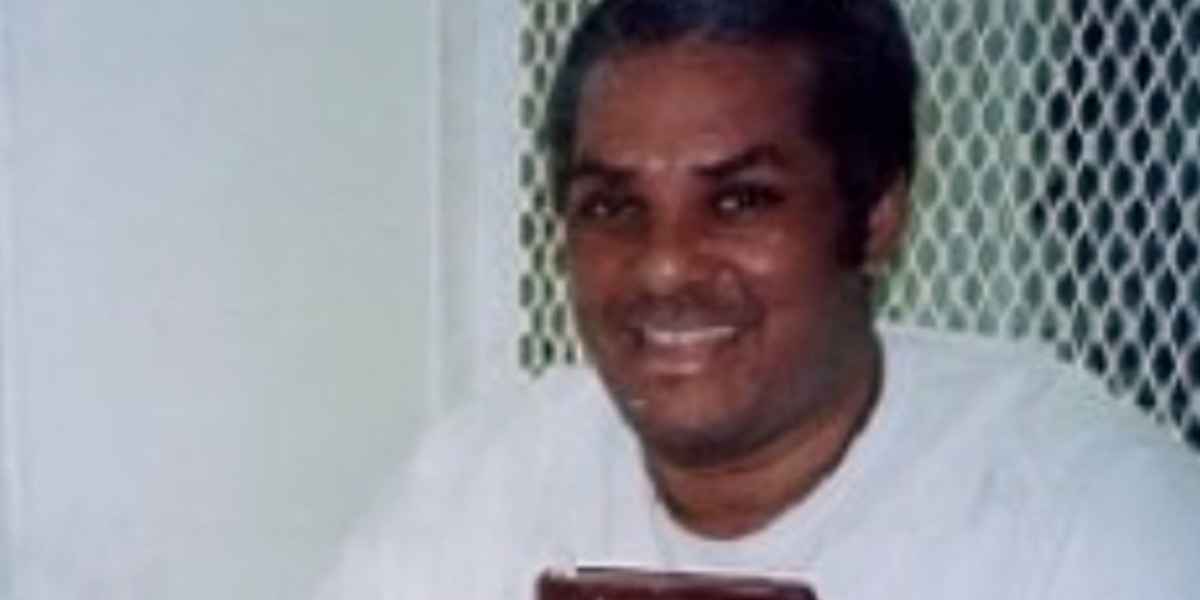The HBO documentary series, ‘God Save Texas,’ shares a narrative about the Southwest state as told by native Texans in three personal yet distinctly communal stories exploring social issues pertinent to different cities. Each episode follows filmmakers Richard Linklater, Alex Stapleton, and Iliana Sosa, who take the audience on respective journeys through their hometowns to explore some of the politically controversial aspects of their state. The first episode, helmed by Linklater, focuses on Texas’ prison system, particularly the death penalty, which leads the nation, marking Texas as the state with the most number of inmate executions.
As such, Linklater discusses the case of Delma Banks, an inmate who was on death row to be the 300th individual to be executed in Texas since the punishment’s revival in 1976. In 2003, on the day of his prepared execution, the filmmaker happened to be a part of the crowd protesting the same, capturing moments of his family’s distress and outcry. Therefore, given Banks’ established wrongful conviction in the documentary, viewers must be curious to know what became of the inmate following that fateful day in 2003.
Who Is Delma Banks?
In 1980, the authorities arrested Delma Banks Jr., an African-American man in his early 20s, for the death of Richard Whitehead, a sixteen-year-old white boy, who died via shooting. Banks remained insistent on his innocence from the time of his arrest, denying allegations of murdering Whitehead, who worked with him at a restaurant. Still, the prosecution was able to create a case against him after learning that he was with Whitehead on the night of his death.

According to reports, the prosecution relied on testimonies of Robert Farr and Charles Cook, both of whom had a denser criminal history than Banks, who sported a blank slate before his arrest. Inversely, testimonies of people accompanying Banks and Whitehead before the latter’s death, asserting the lack of bad blood between the two, failed to win favor. Furthermore, for motive, the prosecution claimed Banks murdered Whitehead to steal his car, with news outlets even quoting, “just for the hell of it” as a reasoning used against the incarcerated man.
Another damning detail against the prosecution’s misconduct during the court trial came from the fact that an all-white jury headed the case with four Black jurors qualified for the trial, getting struck from it. Nevertheless, despite everything, the jury found Banks guilty during his 1980 trial, convicting him with a death sentence. Eventually, in 1999, new information came out with Farr testifying that he was a paid informant on the case. Likewise, Cook also withdrew his previous testimony, confessing it was fabricated due to fear of prosecution.
Still, the death sentence remained, and in March of 2003, Banks prepared for his upcoming execution in Huntsville, Texas, by lethal injection. His counsel, George Kendall, sought to repeal his case, and his family/friends corralled outside the building in a small group to protest the death penalty. Filmmaker Linklater, who would go on to include Banks’ tale in his documentary almost two decades later, happened to be a part of this crowd.
A short while before Banks’ execution, news arrived that the Supreme Court had granted him a stay following representation from three federal judges, including William Sessions, former FBI director. Even though the same meant his sentence was only delayed rather than revoked, it brought a great sense of relief to Banks and his loved ones. Friends and family who were gathered outside the building, awaiting a last goodbye, celebrated out on the street. Meanwhile, after learning of the life-changing development, Banks reportedly said, “I just thank the Lord. Give Jesus all the credit.”
Delma Banks: Eligible For Parole This Year
After Banks’ near-brush with death, the man returned to his life as an inmate, waiting for the Supreme Court to potentially review his case. If the case hadn’t been reviewed within a month, Banks could’ve very well returned to his death sentence. Nevertheless, in 2004, the Supreme Court overturned Banks’ death sentence on the basis of an unfair trial. Therefore, with the conclusion damning the prosecution’s inability to share key information with the defense during trial, Banks’ case was moved to a lower court.
Eventually, after facing a resentencing in 2010 due to denial of conviction review, Delma Banks reached a plea agreement in 2012. As a result, after decades of fighting for his innocence, Banks, in his 50s, agreed not to challenge his conviction as he had done in the past and accepted a life sentence. Thus, as per the man’s agreement, he will be eligible for parole sometime in 2024. Though not a clean chit, the same would mark a significant change for Banks and his family. At the current date, no further update is available about the man’s whereabouts and future.
Read More: Best Documentaries on Apple TV+


You must be logged in to post a comment.